Many U.S. consumers boycott Chinese goods
A survey by Deutsche Bank shows that more and more Americans are boycotting "Made in China" goods while many Chinese consumers are also not interested in "Made in USA" goods.
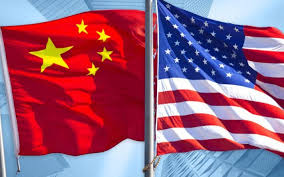
According to the South China Morning Post, the US-China trade war and the Covid-19 pandemic have caused consumers of the two countries to turn their backs on each other's goods. A recent Deutsche Bank survey found that 41% of Americans said they would no longer buy "Made in China" goods. Meanwhile, about 35% of Chinese respondents also confirmed that they would stop buying "Made in USA" products.
Apjit Walia, an expert at Deutsche Bank, said that Americans are increasingly averse to Chinese goods when the Washington administration, especially President Donald Trump, constantly criticizes Beijing for the outbreak of the Covid-19 epidemic. Trump has also frequently expressed doubts about the figures and information released by China.
The US presidential election is less than 6 months away. Therefore, analysts forecast that President Trump will continue to put pressure on China. "Discontent and emotions are growing in both countries. The situation is even more complicated when this is the year of the US election," said Walia.
According to another survey by business consulting firm FTI Consulting, 78% of Americans surveyed said they would be willing to pay more for products and services if the supplier moved production out of China.
About 55 percent said they did not believe the Chinese government would live up to its commitment to buy U.S. goods under the phase one trade deal, which was signed in January.
Experts said that before the outbreak of the Covid-19 epidemic, rising labor costs and the US-China trade war have negatively affected China's position in global supply chains. The new coronavirus has made economies even more concerned about their dependence on supplies from China.
Governments in countries such as the United States and Japan are asking businesses to strengthen supply chain localization to limit dependence on China.
Professor Sulmaan Khan of the Fletcher School (Tufts University) said that China's tough foreign policy also worries businesses and affects the business environment.
Related News
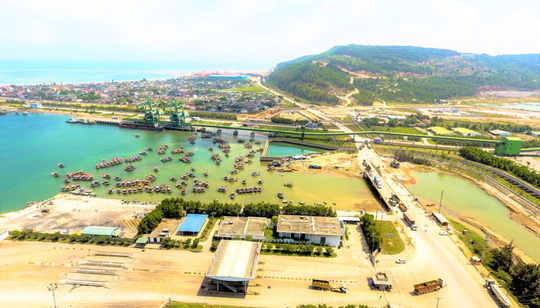
Foxconn pours $1.5 billion into Thanh Hoa to produce for Apple
14/2/2021

We have generated more than $1,200 billion in GDP
11/11/2020
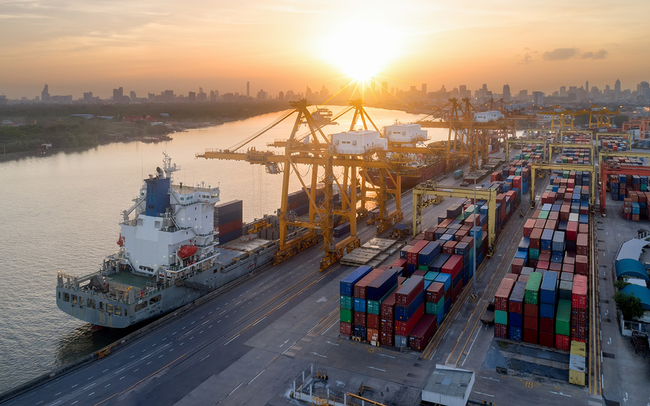
Vietnam's economic growth forecast for the 4th quarter of 2020 and 2021: Will recover in a V-shape, in 2021 it will increase by about 6.5 - 7%
21/10/2020

Standard Chartered: Vietnam's GDP growth forecast of 3% in 2020 and 7.8% in 2021
20/10/2020
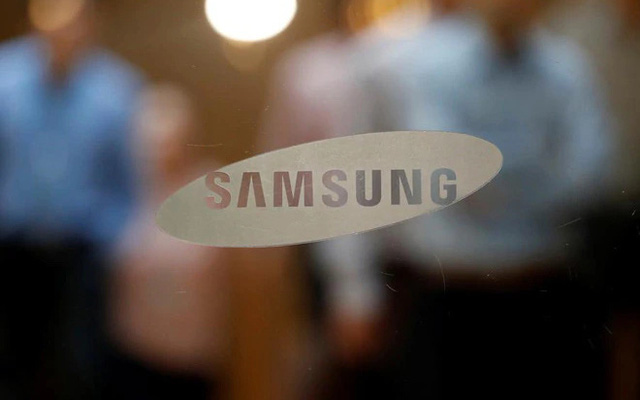
Samsung's outstanding moves in Vietnam and other countries in the "year of Covid-19"
20/10/2020
Featured Articles

Miza Group donated 3 billion VND in response to the contest movement "The whole country joins hands to remove temporary houses and dilapidated houses" in Thanh Hoa
7/6/2025
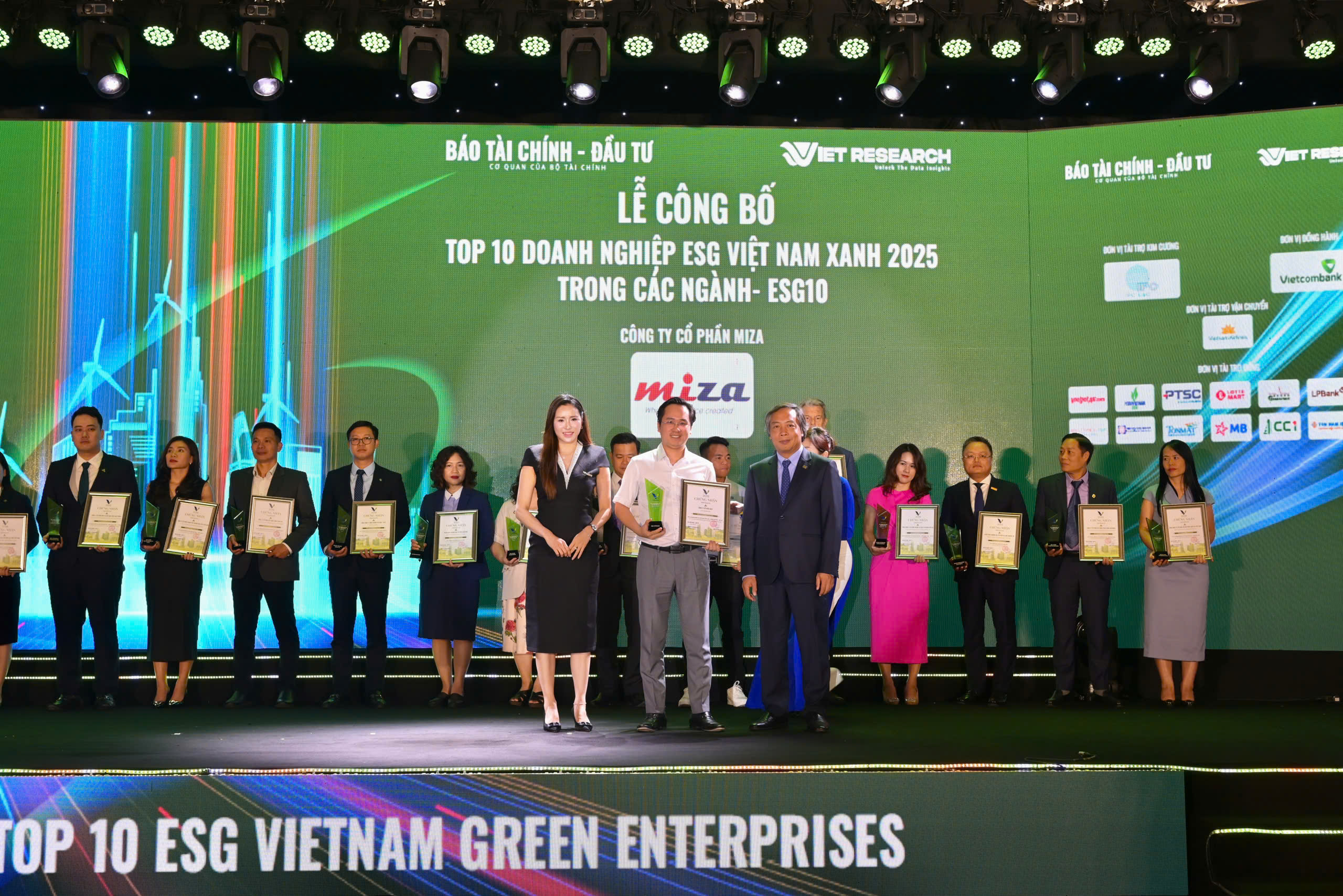
MIZA GROUP ENTERS THE TOP 10 GREEN VIETNAM ESG 2025 THANKS TO THE CIRCULAR ECONOMY DEVELOPMENT STRATEGY
27/6/2025

Miza (MZG) shares are officially listed on UPCoM
12/11/2024
